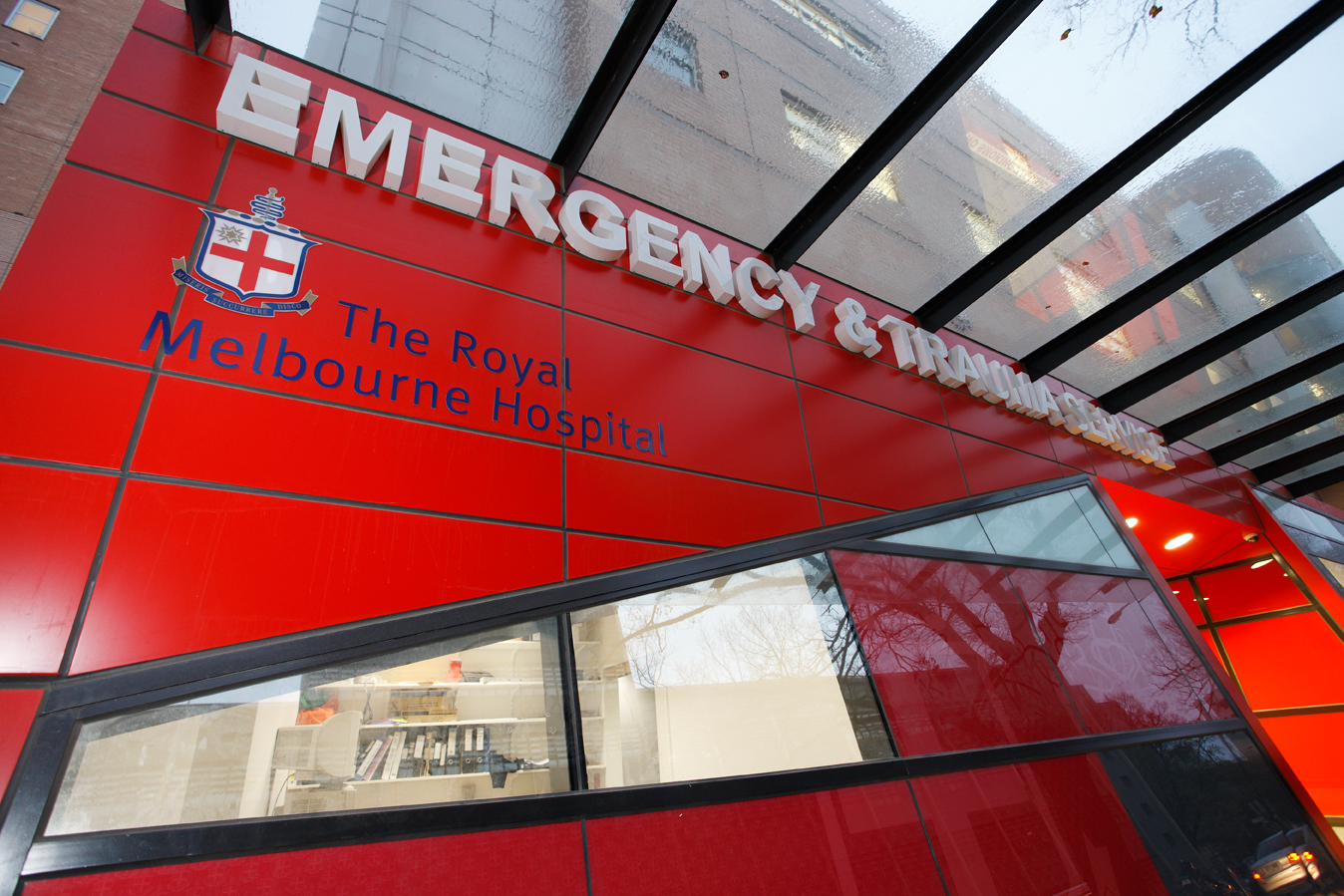
A large number of threatening patients who presented at the Royal Melbourne Hospital (RMH) Emergency Department (ED) tested positive to methamphetamine use, according to new research.
Published in Emergency Medicine Australasia, University of Melbourne and Melbourne Health researchers examined data collected over a six-month period from point-of-care saliva tests from 229 valid samples.
Of the samples, 40 per cent tested positive, and of that number, 92 per cent tested positive for methamphetamines. 17 per cent of samples also tested positive for opiates, eight per cent for cannabis and seven per cent for cocaine.
The samples were taken from patients who required a security response for unarmed threat, using non-invasive point of care salivary testing; the first time this method has been used in this setting.
To place this in context, of the 80,000 admissions to the RMH annually, researchers say it could be that up to 3500 patients who present with acute behavioural disturbance such as aggression are on illicit substances when they come through, according to previous studies conducted in this field.
University of Melbourne Emergency Medicine Professor and Melbourne Health Executive Director of Strategy, Quality and Improvement, George Braitberg said these numbers put a spotlight on a significant and growing cause of occupational violence in our hospitals and is a concern for the safety of staff and patients.
"This is a growing problem and needs to be approached with a different model of care where emergency, mental health, addiction and allied health clinicians work together in the same space, to provide the best care for these patients," Professor Braitberg said.
Researchers also found only 22 per cent of those who were tested admitted to using illicit substances within the 24 hours prior, indicating poor self-reporting.
RMH Director of Emergency Research and University of Melbourne Clinical Sub-Dean for Emergency Medicine, Jonathan Knott said knowing information around the patient's drug use was useful for staff to determine treatment strategies.
"These saliva tests can demonstrate quickly and efficiently if there are drugs involved, if there are no drugs and the likely outcome is mental health then staff can work towards putting in place measures for providing the best care," Associate Professor Knott said.
The current development of a crisis hub based in the RMH Emergency Department will specialise in mental health, drug and alcohol support.
"With the introduction of the Behavioural Assessment Unit three years ago we do have resources to settle patients, however we don't have strategies in place to help change behaviour long-term. The crisis hub will create more resources to pathway patients to specialised help," Associate Professor Knott said.
"This study shows the size of the problem and provides us with new data to assist us in identifying patients more likely to display abnormal or behavioural disturbance and allow us to apply this knowledge in the design of our crisis hub to provide that different model of care," Professor Braitberg said.
This research included University of Melbourne experts from the Department of Nursing and Centre for Integrated Critical Care Medicine, along with colleagues from the Royal Melbourne Hospital Emergency Department and Melbourne Health.






